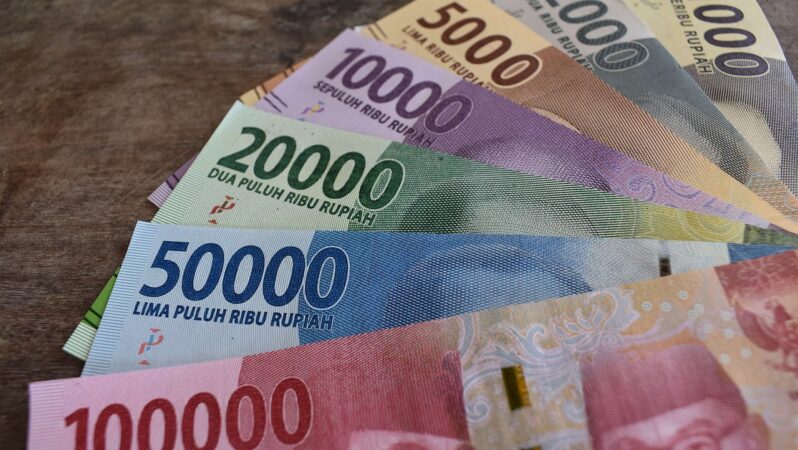Forex trading has gained significant popularity in Indonesia, attracting a diverse range of investors eager to capitalize on the lucrative opportunities offered by the global currency market. With its expanding economy and growing interest in financial markets, Indonesia presents a fertile ground for forex trading enthusiasts. In this article, we’ll explore the forex trading landscape in Indonesia , including its growth trajectory, regulatory framework, and key considerations for aspiring traders.
Growth of Forex Trading in Indonesia : Over the past decade, forex trading has experienced rapid growth in Indonesia, fueled by increasing internet penetration, technological advancements, and a burgeoning middle class with disposable income. The accessibility of online trading platforms and educational resources has democratized forex trading, empowering individuals from all walks of life to participate in the financial markets.
The allure of forex trading lies in its potential for high returns, liquidity, and round-the-clock trading opportunities. Indonesian traders are drawn to the forex market’s volatility, which presents ample chances to profit from price fluctuations in major currency pairs like EUR/USD, USD/JPY, and GBP/USD.
Regulatory Environment: The regulatory landscape plays a pivotal role in shaping the forex trading industry in Indonesia. The Indonesian government, through the Commodity Futures Trading Regulatory Agency (Bappebti), oversees the forex market and imposes regulations to protect investors and maintain market integrity.
Forex brokers operating in Indonesia are required to obtain licenses from Bappebti and adhere to strict regulatory guidelines. These regulations aim to safeguard traders’ funds, ensure fair and transparent trading practices, and mitigate the risks associated with forex trading.
Key Considerations for Indonesian Traders: For Indonesian traders venturing into the forex market, several factors should be carefully considered to enhance their trading experience and maximize profitability:
- Choosing a Reputable Broker: Selecting a trustworthy forex broker is paramount to success in trading. Indonesian traders should opt for brokers regulated by Bappebti and renowned for their reliability, competitive trading conditions, and robust customer support.
- Understanding Market Dynamics: Forex trading requires a solid understanding of market dynamics, including economic indicators, geopolitical events, and central bank policies. Indonesian traders should stay abreast of global economic developments and leverage fundamental and technical analysis to make informed trading decisions.
- Risk Management: Managing risk is crucial to preserving capital and achieving long-term success in forex trading . Indonesian traders should employ risk management strategies such as setting stop-loss orders, diversifying their portfolios, and avoiding over-leveraging positions.
- Continuous Learning: Forex trading is a dynamic and ever-evolving field, requiring continuous learning and skill development. Indonesian traders should invest in their education by attending trading seminars, workshops, and online courses to hone their trading skills and stay ahead of market trends.
Forex trading offers Indonesian investors a lucrative avenue to diversify their investment portfolios and capitalize on global market opportunities. By understanding the forex landscape, adhering to regulatory requirements, and adopting sound trading practices, Indonesian traders can navigate the complexities of the forex market and embark on a rewarding trading journey. With the right mindset, education, and strategy, forex trading in Indonesia holds the potential for substantial financial gains and personal growth.
 Anasayfa
Anasayfa Canlı Borsa
Canlı Borsa Borsa
Borsa Döviz Kurları
Döviz Kurları Altın
Altın Hisse Senetleri
Hisse Senetleri Endeksler
Endeksler Döviz Hesaplama
Döviz Hesaplama Döviz Çevirici
Döviz Çevirici Kredi Arama
Kredi Arama
































































































